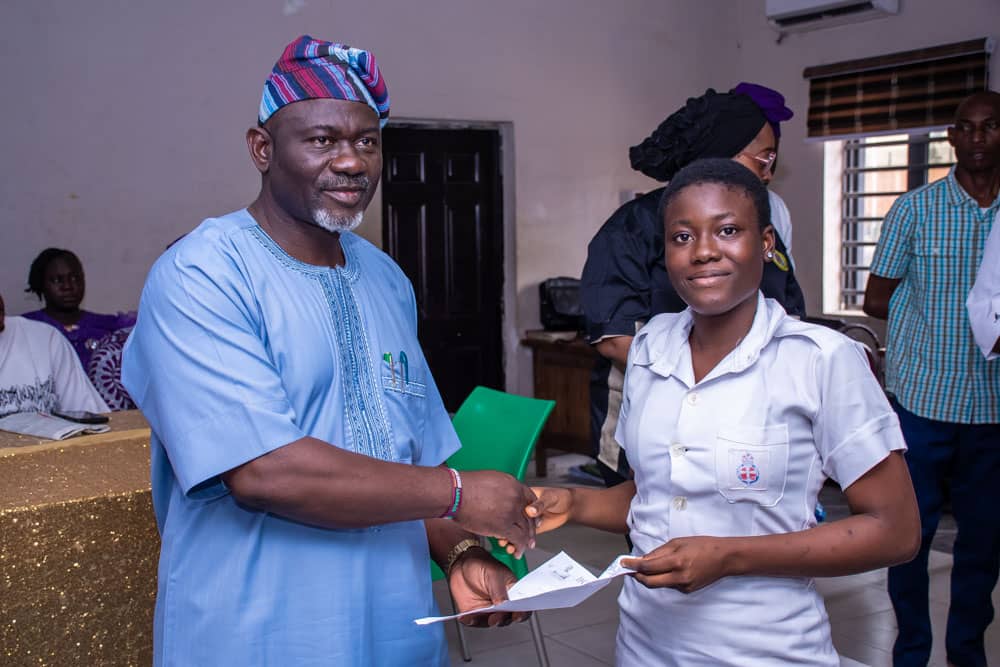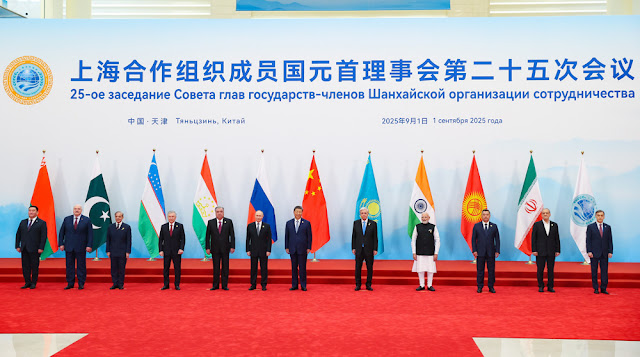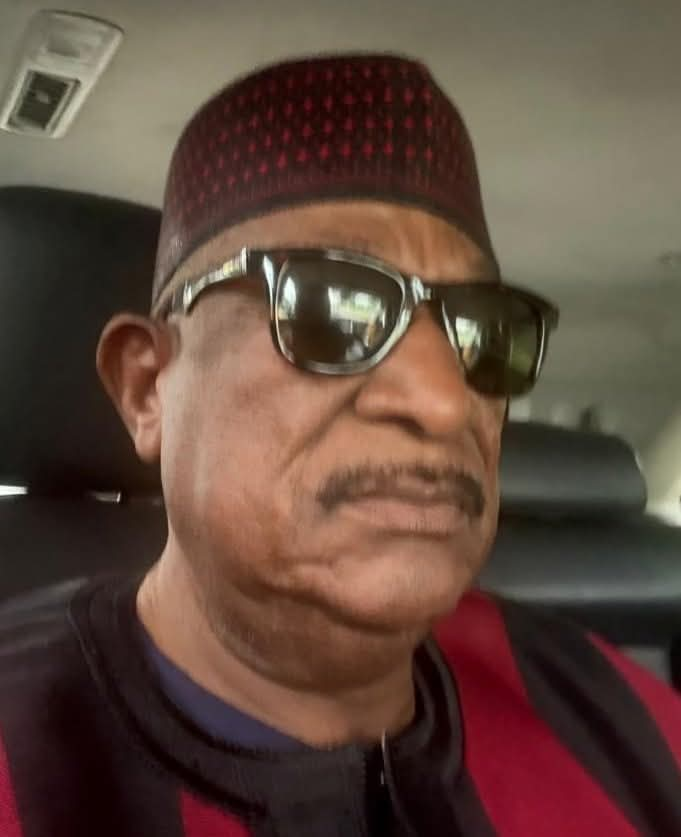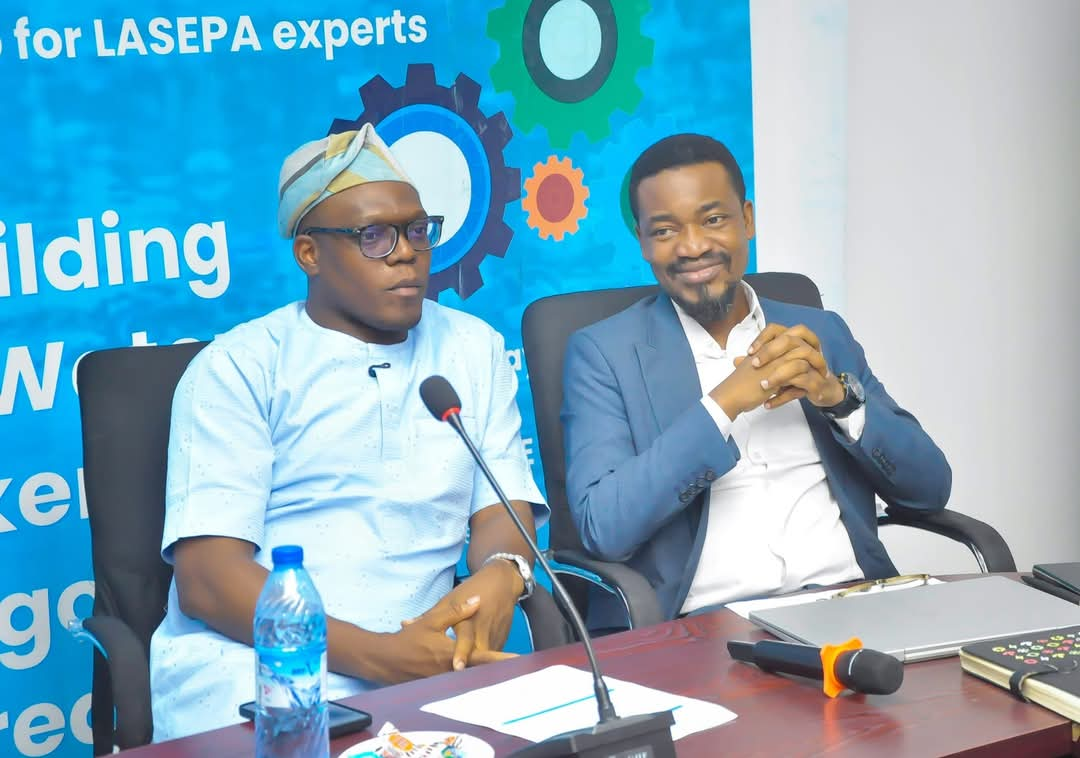
The Lagos State Environmental Protection Agency (LASEPA), in collaboration with the United Nations Industrial Development Organisation (UNIDO) and the Government of Japan, has commenced a two-day Training of Trainers (ToT) workshop focused on emergency capacity building to combat cholera outbreaks in flood-affected areas of Lagos State.
The event, held at NECA House, Hakeem Balogun Street, Alausa, Ikeja, is part of project 240236: Emergency capacity building of informal food and water vendors and waste workers in flood-affected Lagos, sponsored by the Japanese Government to combat cholera outbreaks in the State.
In his opening remarks, Dr. Babatunde Ajayi, General Manager of LASEPA, emphasised the urgency of the initiative. He said, “This is not just training – it is an emergency response and intervention. We are already deploying what we are learning here. The areas affected lack basic sanitary infrastructure, and this outbreak highlights the importance of our proactive measures. Prevention, indeed, is not only better but also cheaper than cure”.
He noted that the workshop is timely, following a fresh cholera outbreak primarily in Badagry and Ikorodu. These areas are characterised by poor sanitation and high population, subjecting their residents to high vulnerability in the ongoing public health emergency.
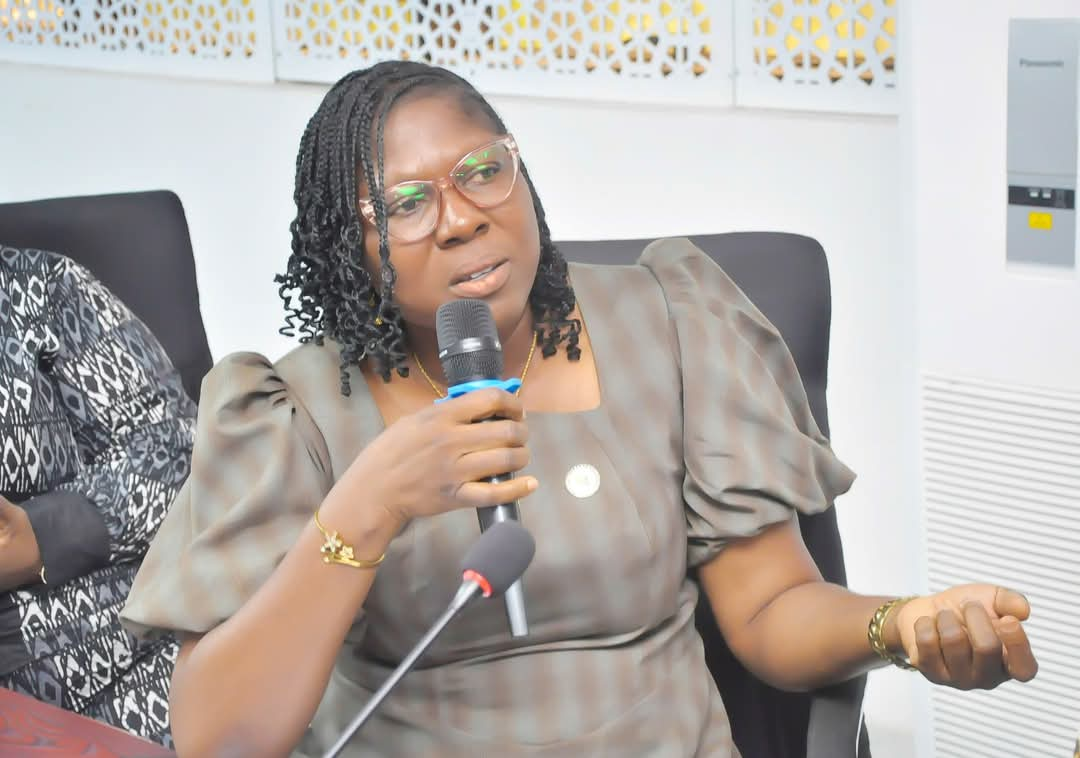
Dr. Ajayi commended the Government of Japan for its timely intervention and thanked UNIDO for facilitating the initiative. He urged participants to fully engage, emphasising that the knowledge gained would be directly applied in communities currently facing the outbreak.
The National Programme Coordinator, UNIDO Sub-Regional Office Nigeria, Mr. Oluyomi Banjo, reinforced the global and local significance of the project. He noted, “This project is not only about preventing cholera; it’s about restoring dignity and building resilience among some of the most vulnerable groups in our society. Informal food and water vendors and waste workers play critical roles in our urban ecosystems, but often lack the training and support needed to ensure public safety.”
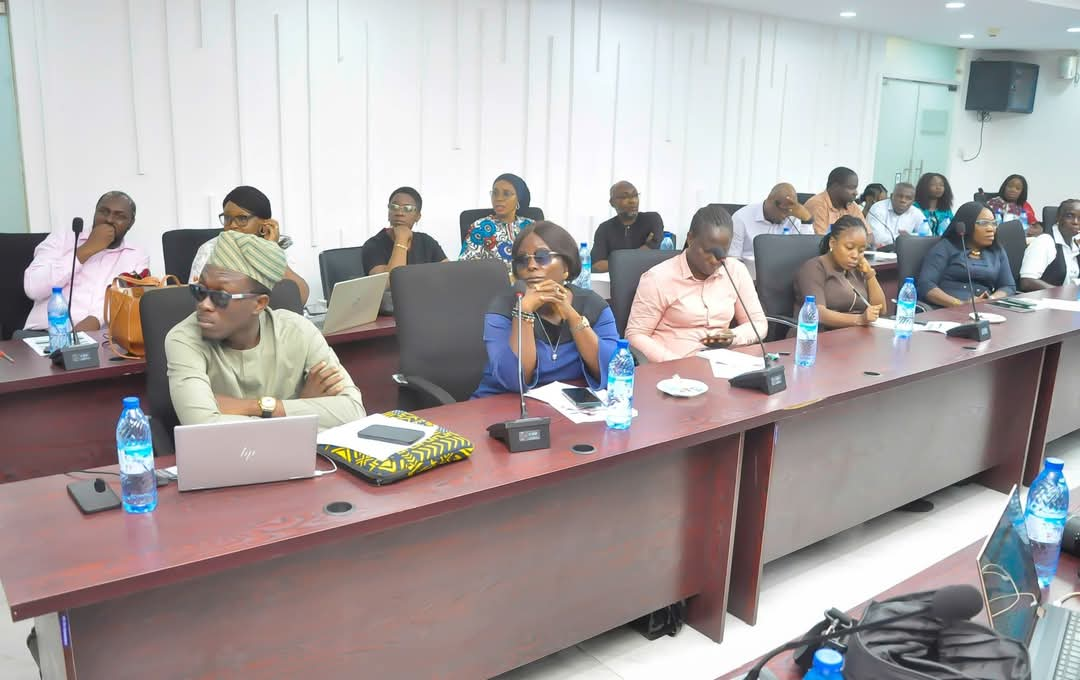
Mr. Banjo stressed the need for accurate, gender-responsive, and practical knowledge of dissemination, with trainers serving as key change agents in reaching at-risk populations.
Speaking on the training, LASEPA’s Director of Environmental Sustainability, Mrs. Adebayo Adedayo noted that the Tot is designed to equip LASEPA experts with the necessary tools to deliver effective, inclusive, and sustainable cholera prevention education. She added that the expected outcome is not just training the trainers but catalysing a behaviour change among vendors to reduce transmission risks.
The training featured expert-led sessions. Ms. Su Zar Chi Lwin of the Food Hygiene Chemistry Laboratory, Kyushu University of Japan, delivered a session on global best practices and scientific knowledge on cholera disease and prevention.
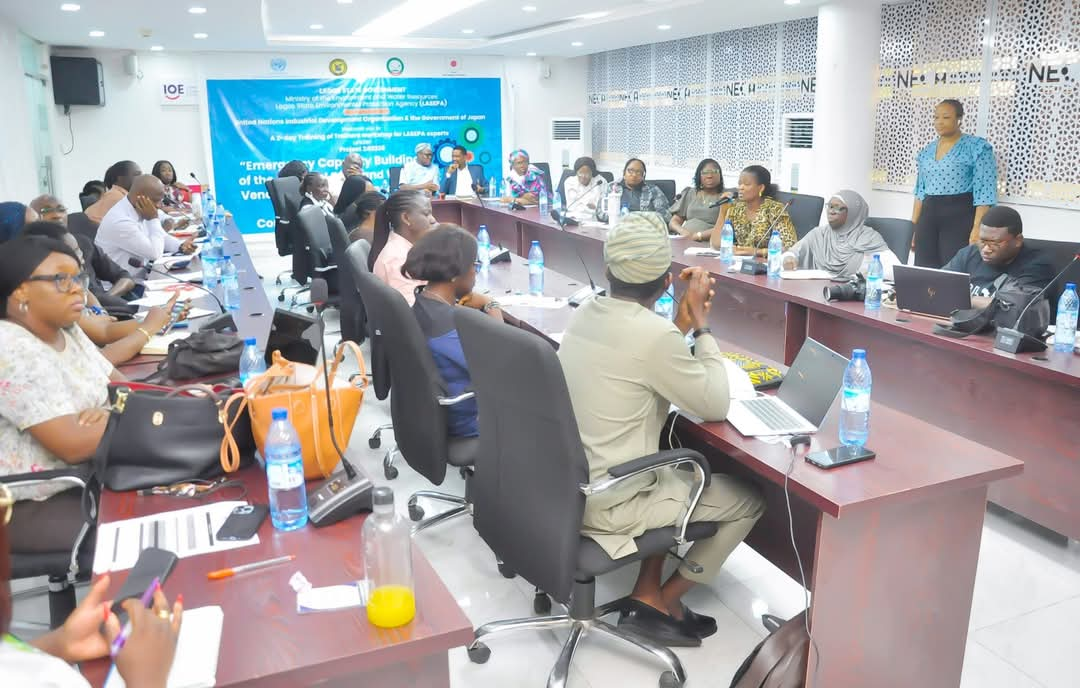
Dr. Adedayo Aderibigbe, Consultant Public Health Physician and Specialist, spoke on the local context of cholera in Lagos and conducted a practical training on safe food and water handling and personal hygiene.
Additionally, LASEPA participants engaged in role play and scenario-based learning to test their understanding of how best to educate vendors effectively in the field.
The initiative underscores a collective commitment to strengthen public health preparedness in the face of climate-induced risks and urban sanitation challenges.
The trained LASEPA experts will cascade this knowledge to frontline vendors and waste handlers across flood-prone communities in Lagos.


